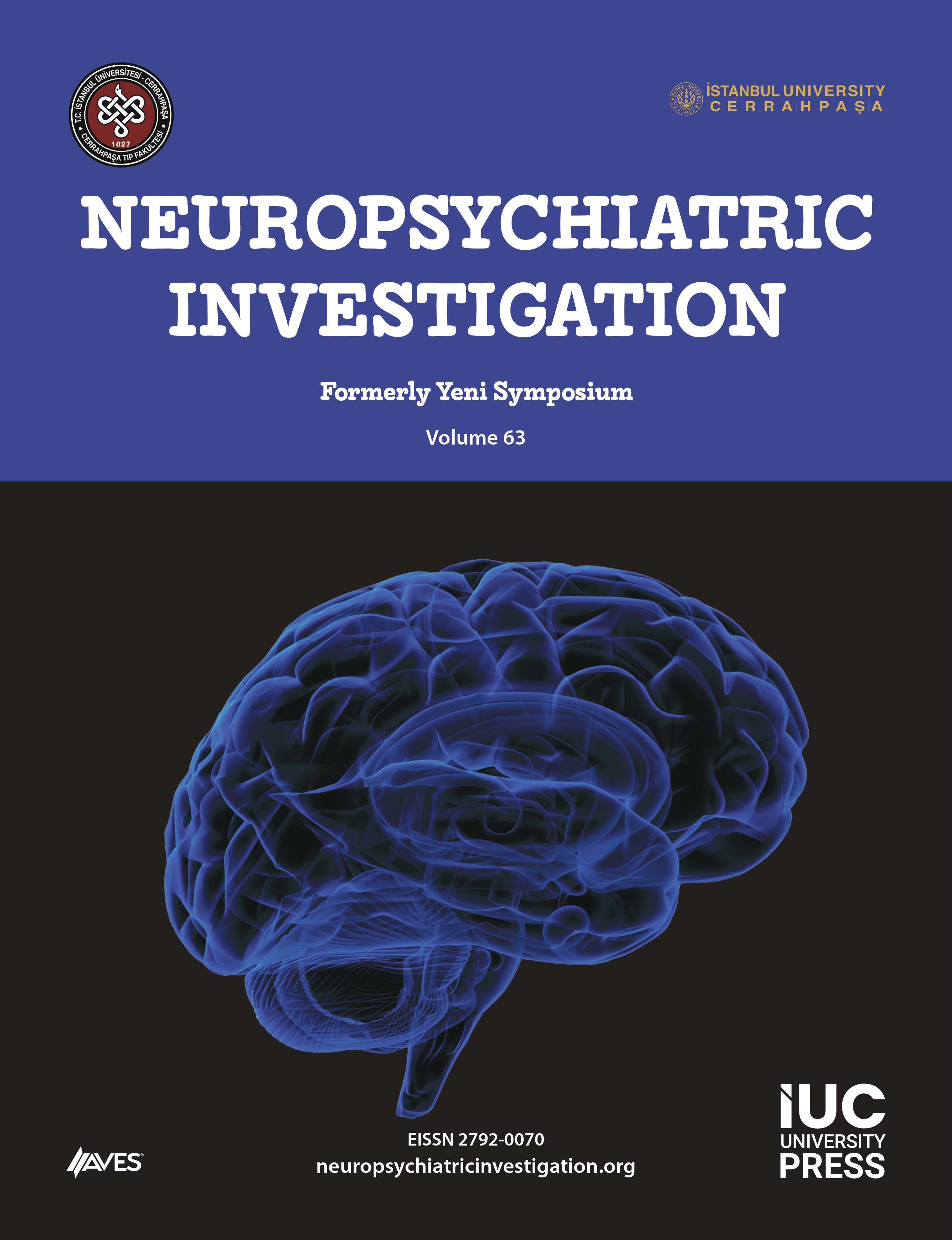Background: Although hemispheric asymmetries (HA) in face perception during menstrual cycle have been studied, there is no study about HA in face perception during pregnancy. The aim of this study was to find out if face perception changes during pregnancy and to test the effects of trimester and fetal sex on HA and face recognition memory.
Methods: In the first experiment, we investigated HA of pregnant women (n=31) in a face-discrimination task by using visual half-field technique and compared their performance with non-pregnant (n=34) women who were in menstruation phase. Additionally, face recognition memory was tested. In the second experiment, we tested the effects of trimester and fetus sex on face perception of pregnant women (n=49).
Results: Pregnant and non-pregnant participants showed right hemispheric dominance (RHD) in face discrimination F(1, 63) = 8.17, p = .006, ηp2 = .11; however, pregnant women (n = 31, M = 6.16, SD = 1.43) recognized more facial stimuli than non-pregnant women (n = 34, M = 5.24, SD = 1.77) F(1, 63) = 22,78, p = .001, η2 = .27. A RHD was observed in all trimesters F(1, 43) = 9.81, p = .003, ηp2 = .19. However, we found a trimester-fetus sex interaction in LVF/RH (left visual field/right hemisphere) performance F (2, 43) = 5.07, p = .01, η2 = .19. The performance in LVF/RH condition improved from the first trimester to the second trimester in pregnant women who had male fetus (p = .02) while it remained steady in pregnant women who had female fetus. Subjects in the third trimester recognized more stimuli than the subjects in the first trimester (p = .02).
Conclusions: Right hemispheric pattern for face-discrimination is stable while the performance is affected by the trimester and fetal sex in pregnancy. Face recognition memory seems to be increased from the first trimester to the third trimester. The findings were discussed in the context of the cognitive effects of increasing hormone levels during pregnancy.




.png)